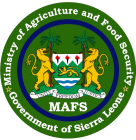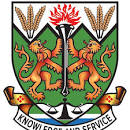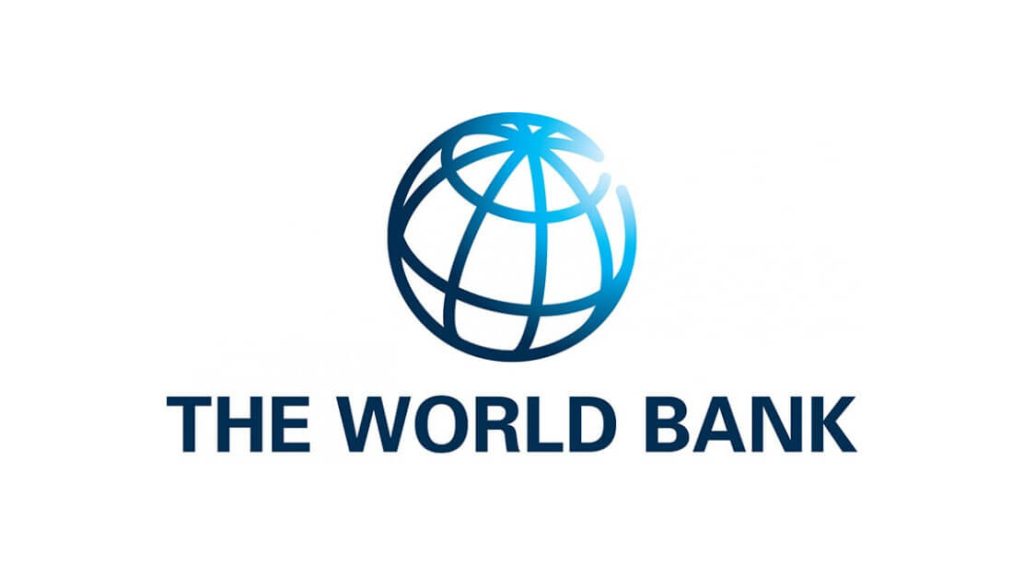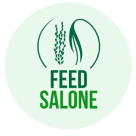About NaSIS
National Soil Information System (NaSIS) — the authoritative geospatial digital platform for accessing reliable, up-to-date, and comprehensive soil data and related information in Sierra Leone.
The National Soil Information System (NaSIS) is a centralized geospatial digital platform designed to collect, manage, store, analyze, and disseminate soil data across Sierra Leone. NaSIS was developed following the successful completion of the National Comprehensive Soil Survey (NCSS) funded by EU-BAFS Project, which mapped and assessed the country’s diverse soils and their characteristics.
Built on the results of the National Comprehensive Soil Survey (NCSS), NaSIS provides stakeholders — including farmers, researchers, policymakers, investors, donor and development partners, as well as extension workers — with digital tools, maps, information, and knowledge to better understand, manage, and utilize the country’s soil resources.
About Food Systems Resilience Project (FSRP)

The Food Systems Resilience Project (FSRP) in Sierra Leone is a national initiative aimed at enhancing the country’s agricultural productivity and food security. The project focuses on strengthening the resilience of food systems by promoting sustainable agricultural practices, improving land management, and supporting farmers in adapting to climate change. Through the development of soil suitability maps, geospatial databases, and integrated land management strategies, the FSRP empowers local communities and stakeholders to make informed decisions that bolster food production while preserving natural resources. The project is crucial in building a more resilient, equitable, and sustainable food system in Sierra Leone.
The development and operationalization of NaSIS platform is funded by the World Bank through the Food Systems Resilience Project (FSRP), housed at the Ministry of Agriculture and Food Security (MAFS).
Institutional Host
NaSIS is hosted and managed under the auspices of the Ministry of Agriculture and Food Security (MAFS) Sierra Leone, with Njala University and SLARI as partners.
Partners & Contributors
The development of NaSIS was made possible through collaboration with key national and international stakeholders for funding and expertise, including





